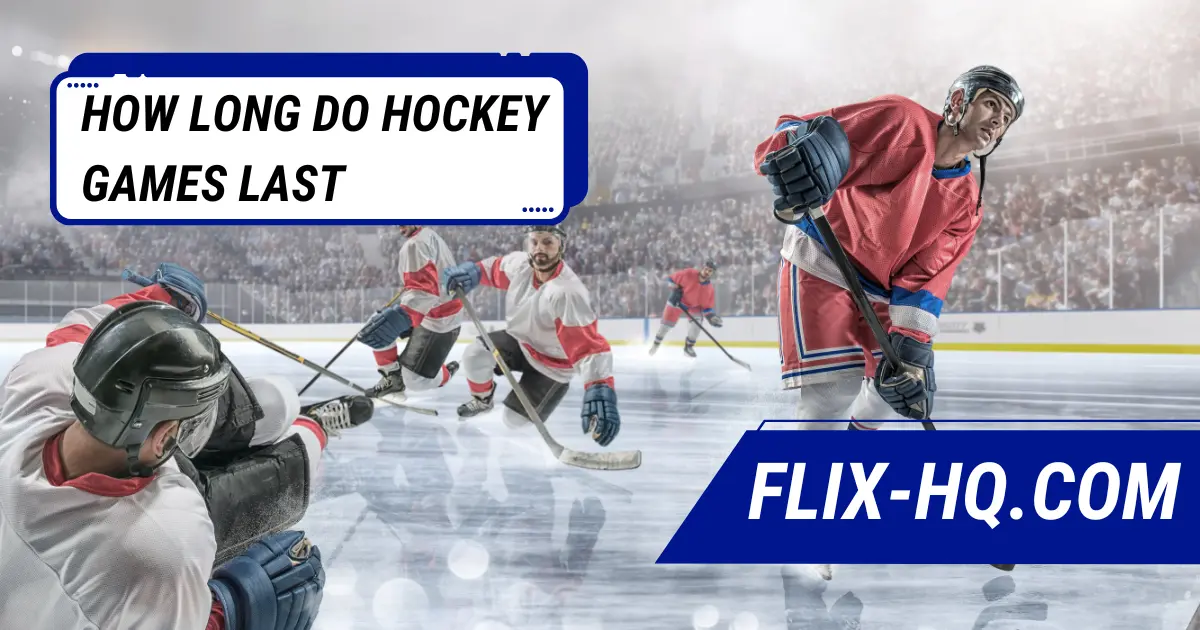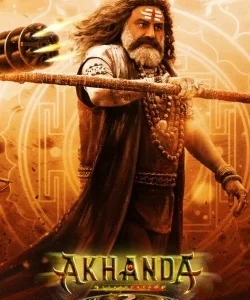When it comes to thrilling sports, hockey undeniably ranks high on the list with its fast-paced action and energetic game play. For new comers and competent fans a like, one common question often derive. “How long do hockey games last” Appreciate the duration of hockey games is necessary for planning your viewing experience, whether you’re grabbing a live Game at the stadium or tuning in from home. This comprehensive guide research into the formation of hockey games, including periods, intermissions and potential overtime, supply everything you need to know about the timing of this thrilling sport.
We’ll tumble into the rhythmic heart of hockey, investigate the structured periods of play, the anticipation-filled intermissions, and the thrilling possibilities of overtime. Join us as we untangle the timings backwards the fast-paced action and strategic pauses, providing you with a thorough guide to hockey’s clockwork. From the first drop of the fairy to the potential shootout climax, understanding how long a hockey game lasts will not only improve your viewing plan but also engage you extending far down into the “sport’s” vibrant culture.
The Structure of a Hockey Game
A standard hockey game is separated into three periods, each lasting 20 minutes, with a timers that stops for various reasons such as punishment, fairy out of play, and goals. This means the actual pass time is longer than the 60 minutes of playtime. The accurate timing can vary, mainly when extreme moments lead to reviews or additional stop pages.
Intermission Times
Between each period, there is an interval. These disrupt are essentialfor both players and fans, offering a moment to rest, strategize and restore. Typically, Break last about 15 to 17 minutes. During playoffs or special events, intermission times may be extended for ceremonial activities or additional entertainment, slightly prolonging the overall duration of the game.
Overtime and Shootouts
In the event of a untie at the end of the third period, hockey games can extend into overtime. The format of overtime alter by league. For instance, the NHL anymore employs a sudden dying format in the regular season, where the first team to score in a 5-minute, 3-on-3 overtime wins the game. If the game remains attached after overtime, it proceeds to a shootout. Playoff games follow a different format, with 20-minute, sudden-death periods up till a goal is scored, certainly extending the game’s duration significantly.
Average Duration of a Hockey Game
Considering the periods, pause and the potential for overtime, the mean duration of a professional hockey game is around 2.5 to 3 hours. However, this can easy based on the flow of the game, the number of pages, overtime and the specific rules of the league.
Planning Your Hockey Viewing Experience
Understanding the typical duration of hockey games can improve your viewing experience, allowing you to plan your day around the agitation of live sports. Whether you’re be present at in person or watching from home, understanding the timing helps cinetux manage supposition and guarantee you don’t miss a moment of the action.
If you’re looking to analyze search interest for “Hockey Games Last” over time or across different regions, Google Trends can be a valuable tool. Here’s how you could structure a table based on hypothetical Google Trends data:
| Time Period | Search Interest Score (0-100) | Notes |
|---|---|---|
| January 2024 | 50 | Moderate interest, possibly due to the NHL season being in full swing. |
| February 2024 | 70 | Increased interest, potentially due to playoff approach or specific events sparking curiosity. |
| March 2024 | 65 | Slightly reduced interest, still high due to ongoing competitions. |
| April 2024 | 80 | Peak interest, likely due to playoff games and finals. |
| May 2024 | 40 | Decrease post-season, lower general interest. |
Geographical Interest:
| Region/Country | Interest Score (0-100) | Notes |
|---|---|---|
| United States | 80 | High interest, major market for hockey. |
| Canada | 90 | Very high interest, hockey is extremely popular. |
| Russia | 40 | Moderate interest, local leagues may influence spikes. |
| Finland | 60 | Strong interest, high engagement with the sport. |
| Sweden | 50 | Moderate to strong interest, reflective of hockey’s popularity. |
Notes:
- The Search Interest Score ranges from 0 to 100, where 100 represents the peak popularity for the term. A value of 50 means the term is half as popular.
- Time Period and Region/Country sections can help identify trends over time and differences in interest across locations.
FAQs
Do hockey games last 3 hours?
Typically, a professional hockey game averages between 2.5 to 3 hours in total duration. This timeframe includes three 20-minute periods of playtime, interval and any potential overtimes or shooting. Factors such as the frequency of stoppages, reviews, and the specific league’s rules can influence the exact length.
What is the duration of a hockey match?
A hockey match is detailed into three main periods, each lasting 20 minutes, with the clock cease for various events like penalties and goals. Embrace the intermissions and any additional time for overtime or shootouts, the total span often falls around the 2.5 to 3-hour.
How long will you be at a hockey game?
Anticipate being there for roughly 2.5 to 3 hours. This includes time for the factual gameplay, intermissions, pre-game introductions and any post-game pursuit. Allowing a little additional time for entering and exhilarating the venue is also a good idea.
What is the length of a hockey game?
The length of a hockey game is draw plans of around three periods of 20 minutes each, totaling 60 minutes of playtime. However, with clock stoppages, 15 to 17-minute intermissions, and possible overtime, the whole event standardly extends to about 2.5 to 3 hours.
What is the duration of the hockey game?
The duration of a hockey game, from start to complete, including playtime, intermissions and any extra overtime or shootout time, typically spans about 2.5 to 3 hours. This can vary based on the special circumstances of the game, including stoppages for penalties, goals and the pace of play.
Conclusion
In conclusion, the length of time of hockey games can vary based on several factors, including the number of stoppages, intermissions, and the essential requirement for overtime or shootouts. By understanding these elements, fans can fully engross themselves in the excitement of the game, from the initial fairy drop to the final buzzer.





